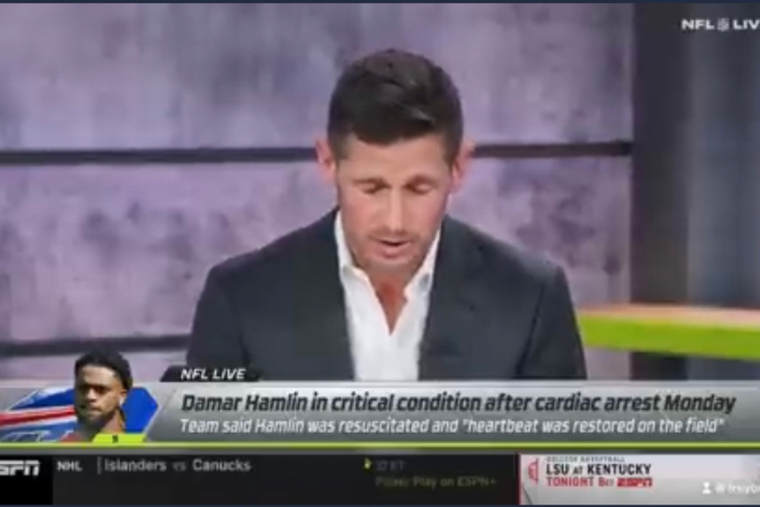For a minute or two, I thought that the Washington Post was going to publish a fair-minded news feature about the complex issues involved in “school choice” legislation.
Alas, it soon became clear that this was another business-as-usual piece that was, for the most part, committed to featuring the voices of activists on one side of the story. The story also avoided a key church-state legal term that is shaping recent U.S. Supreme Court rulings on this subject.
Thus, it’s time — once again — for readers to grab some highlighter pens. Hold that thought.
You can sense what’s going on in the headline: “More states are paying to send children to private and religious schools.”
Ah, but private schools are private schools, too. Some are secular, some are openly religious. Some of the religious schools are on the left, in terms of doctrine, and some are on the right. But they are all “private” schools. Are all private schools created equal? Did the Post team “get” this angle of the story and include some diversity in the sourcing?
The bottom line: What we have here is another one of those “highlighter pen” stories that GetReligion digs into every now and then. What readers need to do is print a copy of the story and then grab three pens with different colors — maybe red, blue and some variation on purple. The goal is to mark quotes representing voices on the cultural left, right and, maybe, even in the middle.
But first, here is how the story opens:
For years, school-choice advocates toted up small victories in their drive to give parents taxpayer money to pay for private school. Now, Republican-led states across the country are leaving the limitations of the past behind them as they consider sweeping new voucher laws that would let every family use public funds to pay for private school.










